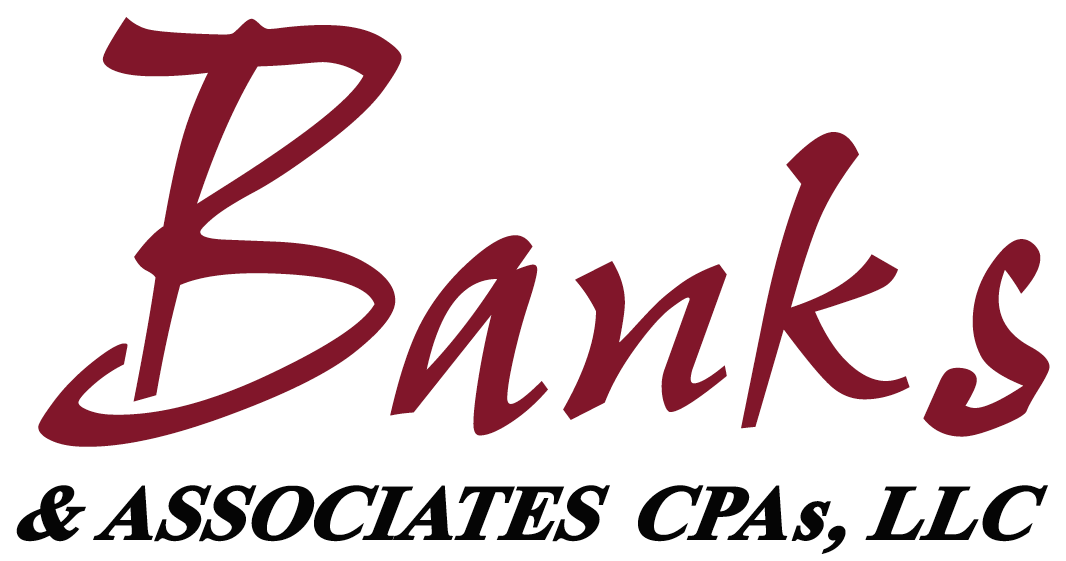Did you know the CARES Act of 2020 Might Benefit Your Business?
Overview of the Coronavirus Aid, Relief and Economic Security Act of 2020 (CARES Act) for Business Owners
April 5, 2020
Attention Business Owners:
The global impact of the Coronavirus (COVID-19) has been significant. As social distancing and various degrees of shutdowns become the norm, many people and businesses are struggling to make ends meet. In response to the significant economic harm that this virus has and will cause, President Trump signed The CARES Act into law on Friday, March 27, 2020. This Act provides an estimated $2 trillion in assistance, including close to $500 billion in individual rebate checks, another $500 billion to support businesses and industries that have seen their operations affected, and $400 billion in tax credits to businesses for wages and payroll tax relief.
Following are a few of the most significant provisions included in The CARES Act that potentially have significant benefits for small business owners.
Paycheck Protection Plan (PPP)
The PPP is an SBA backed business loan that aims at keeping American workers paid. It provides financial resources to help sustain small businesses by providing a loan program that allows lenders (your local bank) to issue an SBA 7(a) small business loan to businesses that have fewer than 500 employees. Loans can be issued up to a maximum of $10 million or 2.5 times the average monthly payroll costs over the previous year.
An eligible employer is defined as follows:
In business and in operation on February 15, 2020
Fewer than 500 employees
An individual operating as a sole proprietor or independent contractor
Nonprofit organizations
Loan proceeds may be used for the following:
Wages - includes commissions, salary, tips (excluding the amount of wages above $100,000 paid per employee)
Employer payroll taxes
Group health insurance or other healthcare costs
Retirement obligations
Rent
Utilities
Interest on certain loans
Loan forgiveness – The amount of the loan eligible to be forgiven is the amount spent during the first 8 weeks after the loan is made on the following:
Payroll costs (excluding the amount of wages above $100,000 paid per employee)
Employer payroll taxes
Group health insurance or other healthcare costs
Retirement obligations
Rent
Utilities
Interest on certain loans
The full principal amount of the loan and any accrued interest may qualify for loan forgiveness if the borrower maintains or rehires staff and maintains compensation levels. However, not more than 25% of the loan forgiveness amount may be attributable to non-payroll costs.
The amount that is forgiven is tax free. The remaining funds not forgiven are required to be paid back over the next 2 years at 1% interest. No collateral or personal guarantee is required, and all SBA loan fees are waived. Repayment can be deferred no less than six months and no longer than one year.
Employee Retention Credit
As an incentive to encourage businesses from making further layoffs, the CARES Act provides a new payroll tax credit. To be eligible for the credit, the operations of your business need to have been fully or partially suspended due to governmental intervention because of the Coronavirus or revenue in 2020 was less than 50% of the revenue from the same quarter in 2019. The credit is equal to 50% of wages paid to each employee, up to a maximum or $10,000 of wages per employee. This provision is not available to businesses who participate in the SBA loan forgiveness program.
Payment of Payroll Taxes Deferred
Employers are eligible to defer payroll taxes due from March 27, 2020, through December 31, 2020. 50% of the payroll tax liability is due December 31, 2021, and 50% is due on December 31, 2022. This relief also applies to the employer portion of self-employment taxes. This provision is not available to businesses who participate in the SBA loan forgiveness program.
Net Operating Loss Carrybacks
Net Operating Losses (NOL) that were incurred in 2018, 2019, or 2020 can now be carried back up to five years. Businesses will be able to amend tax years dating back to 2013 to take advantage of the loss carryback. Unused losses can still be carried forward indefinitely. NOLs are also able to offset up to 100% of taxable income in 2018, 2019, and 2020 up from 80% prior.
Economic Injury Disaster Loans & Emergency Economic Injury Grants
Economic Injury Disaster Loans (EIDL) are issued directly through the SBA. These loans also have a grant that provides an emergency advance of up to $10,000 to small businesses and non-profits harmed by the Coronavirus within three days of applying. The advance does not need to be repaid and may be used to keep employees on payroll. This loan / grant cannot be used for the same purpose as your PPP loan. You can apply for both the PPP and EIDL. If you take the EIDL grant of $10,000, it will come off the PPP money available.
We’re here to help.
As always, we make it a priority to stay up-to-speed on all things tax, accounting, and business planning.
We suggest all businesses owners consider what impact the Coronavirus (COVID-19) has or will have on your business. We are available to discuss with you the best options available and help you with the application process.
Please feel free to reach out to us if you have any questions or concerns about the CARES Act or other tax-related developments.

